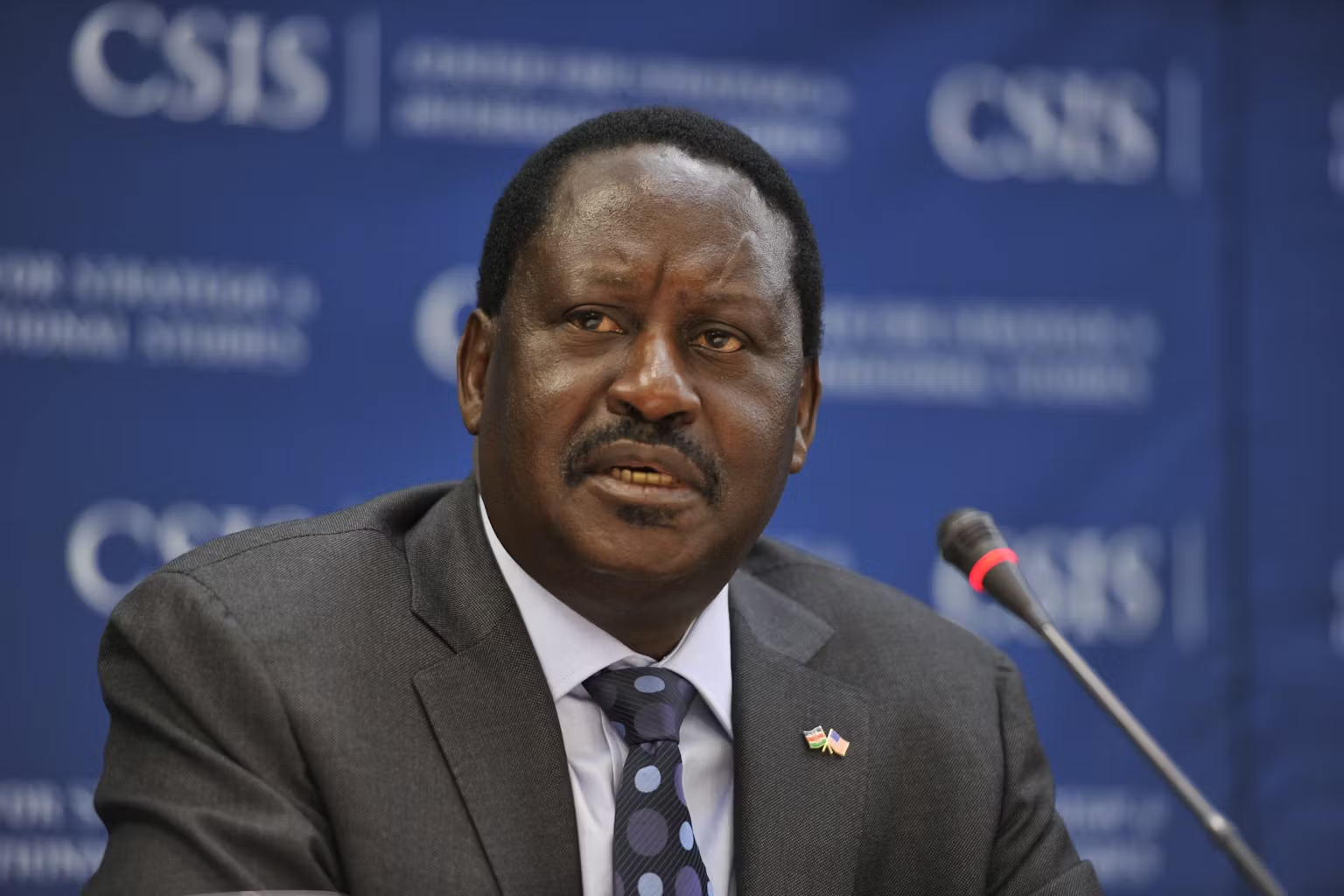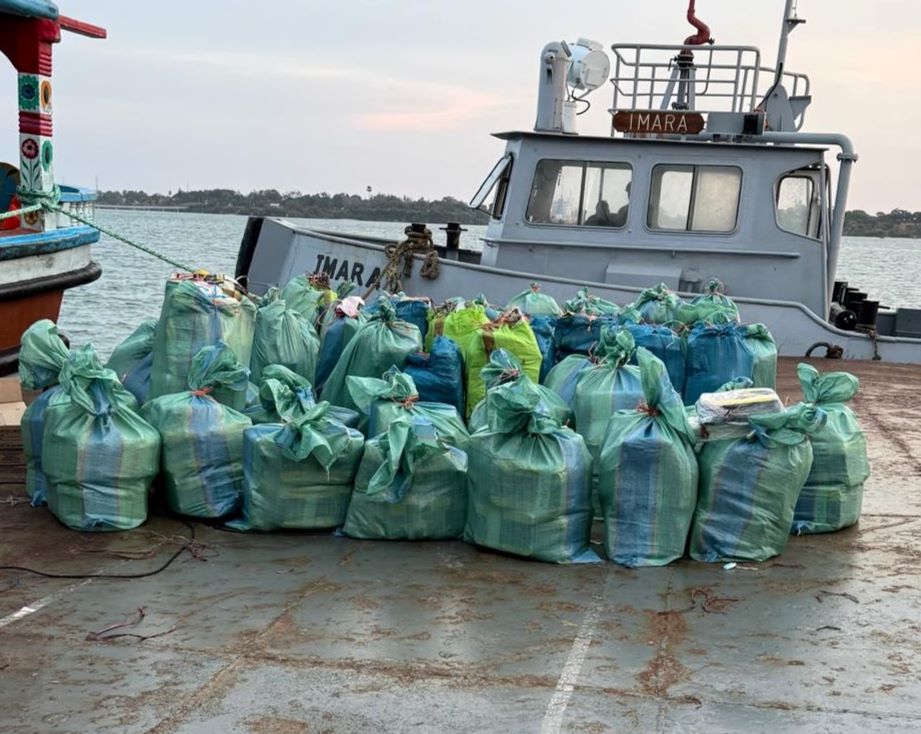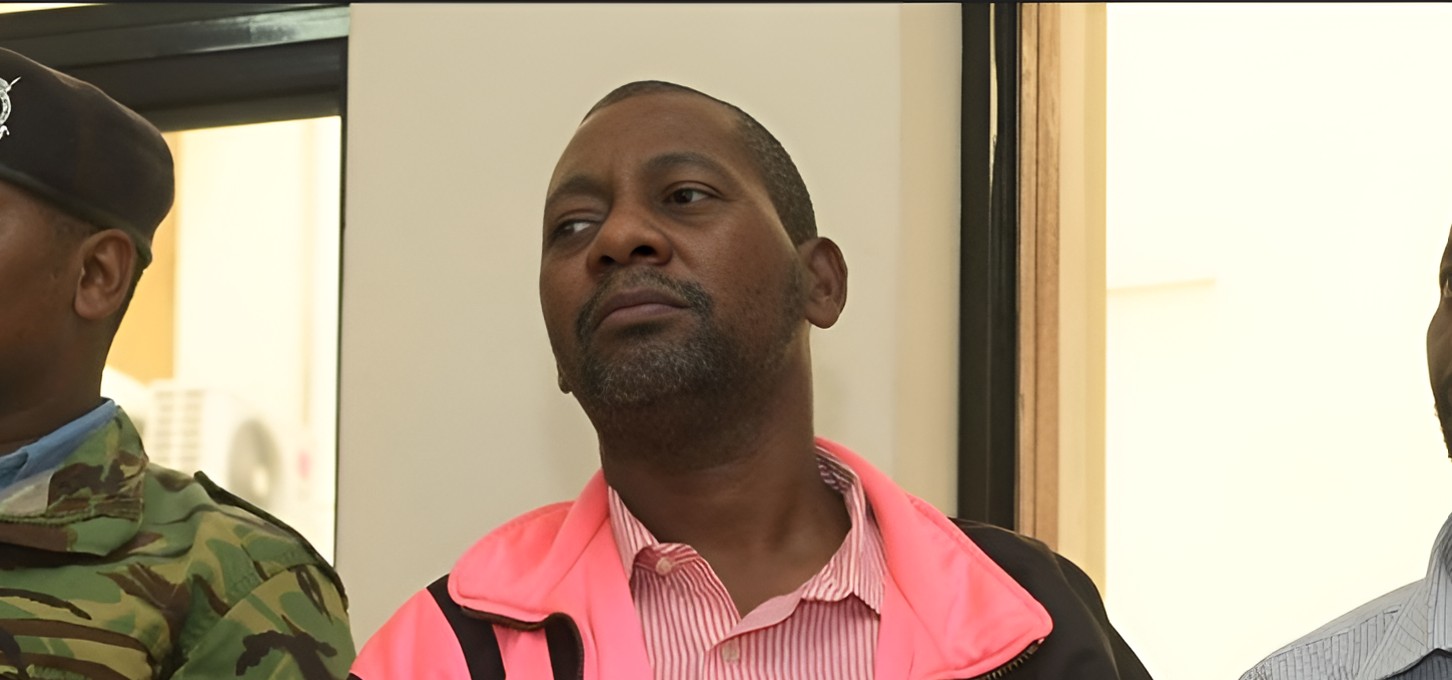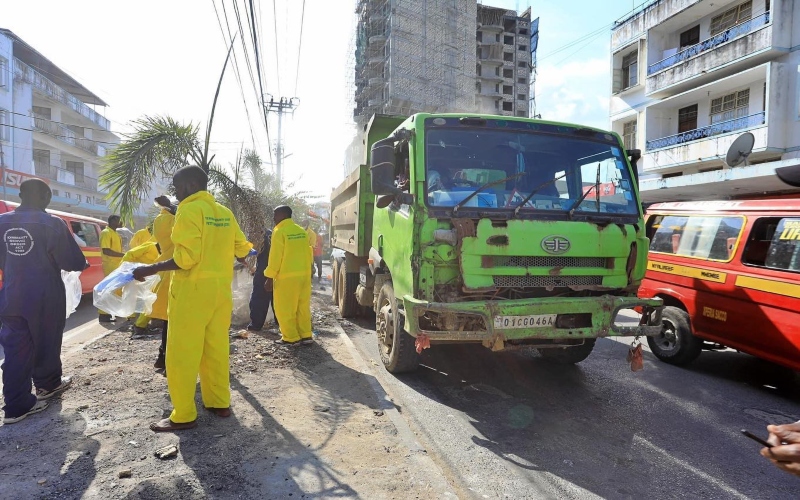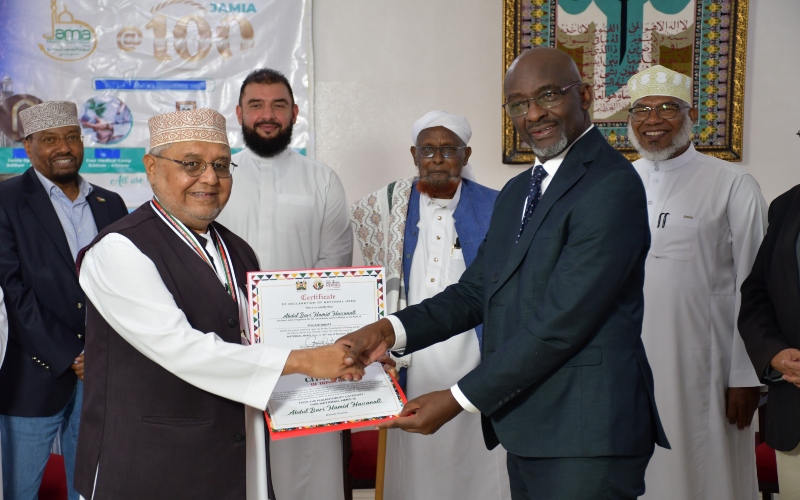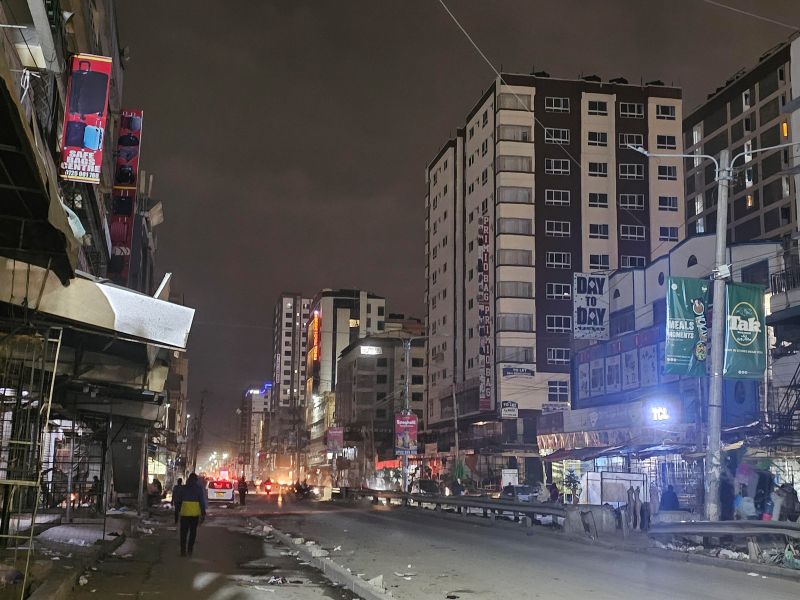Senators question legality of multi-billion-shilling health equipment deal

Under the scheme, an undisclosed supplier will install machines in county facilities and receive payments directly from the Social Health Authority.
Senators have raised concerns over the legality of multi-billion-shilling contracts signed between counties and the national government for the lease of medical equipment.
The contracts, aimed at supplying medical devices to county hospitals, are part of the National Equipment Service Project (NESP).
More To Read
- Senate flags staff welfare, service gaps in Lower Eastern hospitals
- SHA accused of ignoring law in hiring as NHIF workers left out
- Union warns of court action if SHA fails to absorb former NHIF workers
- From NHIF to SHA: Kenya's cancer patients pay the price for a broken health system
- SHA fraud: Trio in court for falsifying medical claims
- MPs grill SHA over Sh91m legal costs, disputed Karen land and stalled NHIF projects
However, lawmakers are questioning the transparency of the process and the potential financial impact on healthcare delivery in Kenya.
During an appearance before the Senate Public Accounts Committee (PAC) on Tuesday, Nyeri Governor Mutahi Kahiga, who is the vice-chairperson of the Council of Governors, admitted that county governments were left with little choice but to sign the contracts, despite being kept in the dark about crucial details, including the identities of the suppliers.
Kahiga described the situation as a "desperate move" due to the failure of the previous Medical Equipment Service (MES) project, which saw billions of shillings lost on faulty equipment.
Senate PAC Chairman Moses Kajwang demanded clarity from the governors, asking how the decision to procure the medical equipment was made and under what legal framework.
"How was the decision made and under what procurement law? How sure are you that the cost of running the equipment constitutes value for money?" Kajwang asked, adding that it would be difficult to defend devolution if governors allowed such opaque arrangements.
The NESP, launched as a successor to the controversial MES, aims to provide medical equipment to county hospitals on a leasing basis.
Undisclosed supplier
Under the scheme, an undisclosed supplier will install machines in county facilities and receive payments directly from the Social Health Authority (SHA).
However, critics have expressed concern that the leasing fees may consume most of the funds allocated to healthcare, leaving counties with minimal resources for actual healthcare delivery.
Senators have described the NESP as "opaque" and akin to the MES scandal, which saw the Kenyan government spend Sh63 billion on dysfunctional medical equipment.
At least 37 counties have already signed agreements with the Ministry of Health to supply the medical gadgets, but the identities of the suppliers remain unclear.
Health Cabinet Secretary Deborah Mulongo Barasa and Medical Services PS Harry Kimtai have yet to respond to questions about the vendors and the procurement process.
Kahiga informed the Senate PAC that the Ministry of Health had driven the NESP, with limited input from governors.
He explained that the ministry handled the procurement process and presented a small group of governors with information about the project.
"We were caught up in a situation in which we know the food is bad and might harm us but it is better that we eat," Kahiga said, noting the urgency of the decision despite its potential drawbacks.
Deal's legality questioned
Lawmakers also heard from Nyeri County Attorney Kimani Rucuiya, who raised concerns about the deal's legality.
Rucuiya, who chairs the County Attorneys Forum, argued that the agreement violated the Constitution and procurement laws, pointing out that the Intergovernmental Participation Agreement (IPA) should have preceded the procurement process.
"The government violated the constitutional mandate by directly procuring a function that is devolved," Rucuiya said.
Despite these concerns, Kahiga defended the governors' actions, explaining that they were caught between the need to provide essential services and the lack of alternative solutions.
"It was the best option for now," he said, reflecting on the difficult position faced by county leaders.
However, some senators were less forgiving.
Busia Senator Okiya Omtatah demanded that Kahiga specify the legal clauses that allowed counties to sign the agreements.
Isiolo Senator Fatuma Dullo accused the governors of not fully understanding the programme's operations, suggesting that the deal could be worse than the MES scandal.
"It appears you are confused and don't know how the programme runs," Dullo remarked.
Nandi Senator Samson Cherargei criticised the governors for cooperating with the national government in a way that undermines the Constitution's Fourth Schedule, which outlines the functions of county governments.
"You should resist this attempt to claw back county functions by the national government. If we allow that, then we will be killing devolution," Cherargei warned.
Top Stories Today


